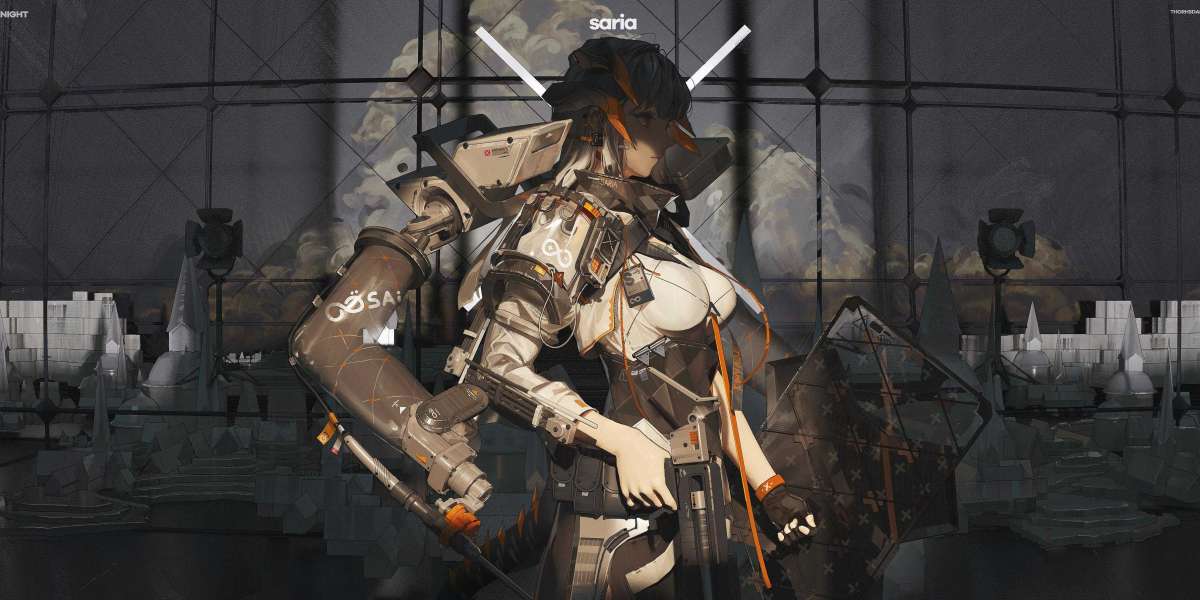As industries evolve toward more automated and digitally integrated operations, the demand for stable and efficient electrical infrastructure continues to grow. While alternating current (AC) has long dominated industrial power systems, direct current (DC) is increasingly critical, especially in automation, renewable energy, and turbine control environments. With this shift, the importance of properly managing and distributing DC power has never been greater.
At the heart of this effort lies the DC Power Distribution Module—a specialized component that ensures electricity is delivered safely, reliably, and efficiently across complex industrial systems. Often overlooked in comparison to larger, more visible equipment, these modules quietly serve as the backbone of operational stability.
Challenges in Power Distribution
In industrial settings, distributing DC power is not as straightforward as connecting wires to loads. Modern plants face several challenges:
Overload Risks: Without proper distribution, excessive current draw from a single load can damage equipment or cause system instability.
Short Circuits: Faults in wiring or devices can rapidly escalate into system-wide failures if not properly isolated.
Uneven Distribution: Some systems require multiple subsystems to run simultaneously, demanding precise allocation of power.
Power Quality Issues: Voltage drops, electrical noise, or instability can disrupt sensitive control systems and reduce efficiency.
Downtime Concerns: Any interruption in power flow directly impacts operations, leading to costly delays and potential safety risks.
To address these concerns, DC Power Distribution Modules provide structured, intelligent solutions that go far beyond basic wiring.
What a DC Power Distribution Module Does
A DC Power Distribution Module is designed to act as the hub of a DC power network. Its functions are both protective and operational:
Centralized Distribution: It channels incoming DC power to multiple outputs, ensuring each subsystem receives the energy it requires.
Circuit Protection: Many modules include fuses, circuit breakers, or electronic protection to prevent overloads and short circuits.
Stable Power Delivery: By regulating voltage and current levels, the module ensures sensitive devices receive consistent power.
Monitoring and Diagnostics: Advanced designs provide data on power consumption, system status, and fault conditions, enabling proactive maintenance.
Scalability: Supports multiple outputs and can expand with growing system demands without redesigning the entire electrical layout.
In short, the module ensures that DC power is not only distributed but also managed in a way that supports operational safety and efficiency.
Benefits to Industrial Systems
The integration of DC Power Distribution Modules offers tangible benefits across industries:
Reliability: Protects equipment from unexpected outages or damage by isolating faults and stabilizing power delivery.
Efficiency: By optimizing how power is allocated, these modules minimize energy waste and maximize system performance.
Safety: Built-in protection features safeguard both personnel and machinery from electrical hazards.
Flexibility: Adaptable to various applications, from turbines to renewable energy setups, supporting a wide range of industrial needs.
Reduced Downtime: Proactive fault detection and protection mechanisms limit the scope of failures and speed up recovery.
These benefits make the module more than a component—it becomes an integral part of a facility’s strategy for achieving productivity and safety goals.
Real-World Applications
The versatility of DC Power Distribution Modules ensures their presence in diverse sectors:
Power Generation: In gas and steam turbines, stable DC distribution supports auxiliary systems, control boards, and monitoring equipment.
Manufacturing: Automated production lines depend on consistent DC supply to ensure precision, safety, and reliability.
Renewable Energy: Solar and wind facilities often generate and operate on DC power, making reliable distribution modules essential for efficiency.
Critical Infrastructure: Data centers, transportation networks, and defense systems rely on robust DC distribution to avoid costly downtime.
In each of these areas, the module functions as a quiet but essential enabler of operational continuity.
Future Outlook
The role of DC Power Distribution Modules is poised to expand in the coming years as industries embrace smarter, more sustainable solutions. Some key trends include:
Integration with Renewable Energy: As solar and wind installations grow, efficient DC distribution will be vital for handling variable inputs.
Smarter Modules: Enhanced monitoring and predictive diagnostics will allow operators to detect issues before they impact operations.
IoT and Industry 4.0 Compatibility: Future modules will integrate seamlessly into digital platforms, enabling real-time analytics and remote management.
Sustainability: Improved energy efficiency in distribution directly supports global efforts to reduce carbon footprints.
These trends highlight how distribution modules will move beyond basic power management to become central players in intelligent, connected industrial ecosystems.
Conclusion
While not always the most visible part of an industrial system, IS200JPDFG1ACA Power Distribution Modules play a vital role in ensuring safe, efficient, and reliable operations. By addressing challenges such as overloads, uneven distribution, and power instability, they safeguard critical assets and enable smoother workflows.
From power plants and manufacturing facilities to renewable energy and critical infrastructure, these modules underpin the performance of today’s most advanced systems. Looking ahead, their role will only grow in importance as industries demand smarter, greener, and more flexible solutions.
In essence, the DC Power Distribution Module is not just a utility—it is the backbone of modern industrial resilience.
Check Also - IS420ESWAH3A REV- A - 10/100 Ethernet IONet Switch





